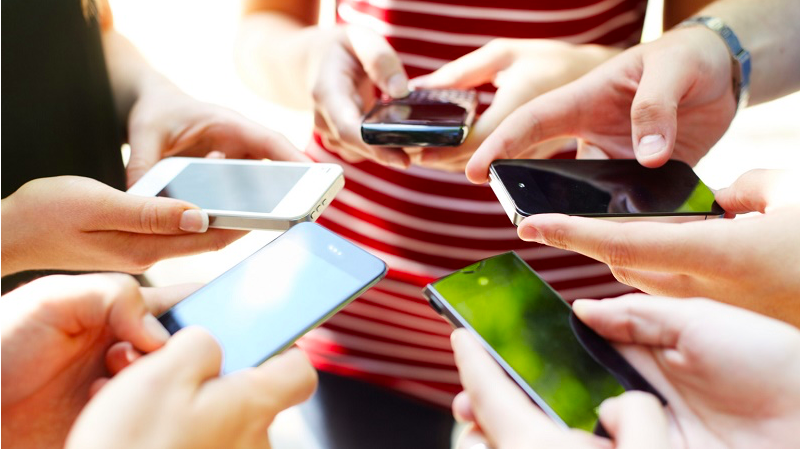 But while I like to joke about how smartphones are making us stupider. They’re actually not. Smartphones improve our lives in ways we never even think about. I’m not just talking about sending us a calendar alert, so we don’t forget our anniversary. Here are 9 crazy ways smartphones are changing the world for the better.
But while I like to joke about how smartphones are making us stupider. They’re actually not. Smartphones improve our lives in ways we never even think about. I’m not just talking about sending us a calendar alert, so we don’t forget our anniversary. Here are 9 crazy ways smartphones are changing the world for the better.
They Keep You Safe, even If You’re Alone
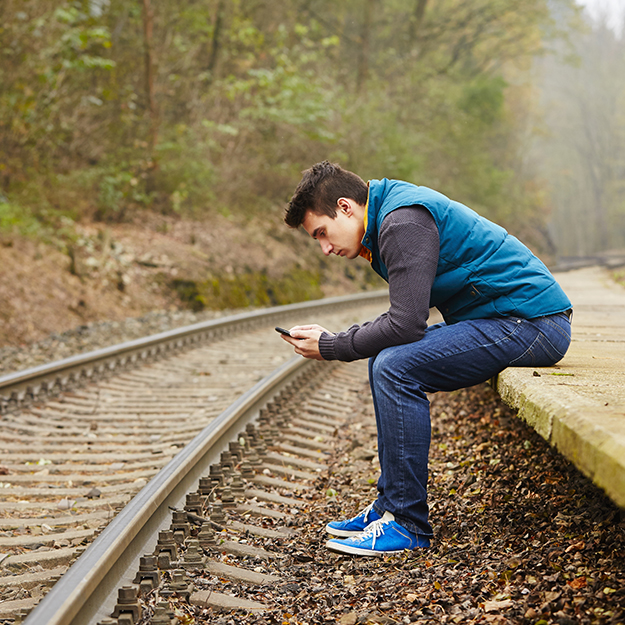 Walking home, alone, at night, through a bad part of town is not nearly as dangerous as it was 10 years ago, thanks to the tracking device you always carry with you. For extra protection, personal safety apps like bSafe have additional features. Such as a “Follow Me,” a live GPS trace so your friends can make sure you get home safely, and an automatic alarm that triggers if you fail to check in at a specified time.
Walking home, alone, at night, through a bad part of town is not nearly as dangerous as it was 10 years ago, thanks to the tracking device you always carry with you. For extra protection, personal safety apps like bSafe have additional features. Such as a “Follow Me,” a live GPS trace so your friends can make sure you get home safely, and an automatic alarm that triggers if you fail to check in at a specified time.
They can Detect Earthquakes
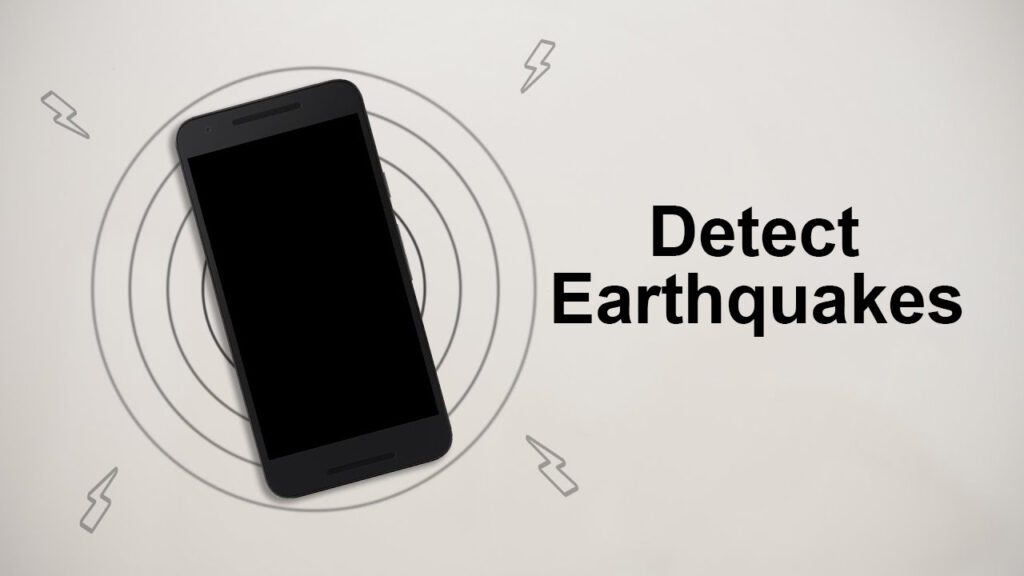
They Give Sight to the Developing World
 A company called eyeNETRA has invented the NetraG. A $2 smartphone attachment paired with a mobile app accurately measures farsightedness, nearsightedness, astigmatism, age-related blurriness, and pupillary distance. According to the company, 2.4 billion people worldwide need glasses but cannot access testing tools or afford pricey exams. The NetraG will change that.
A company called eyeNETRA has invented the NetraG. A $2 smartphone attachment paired with a mobile app accurately measures farsightedness, nearsightedness, astigmatism, age-related blurriness, and pupillary distance. According to the company, 2.4 billion people worldwide need glasses but cannot access testing tools or afford pricey exams. The NetraG will change that.
They make Doctors Mobile
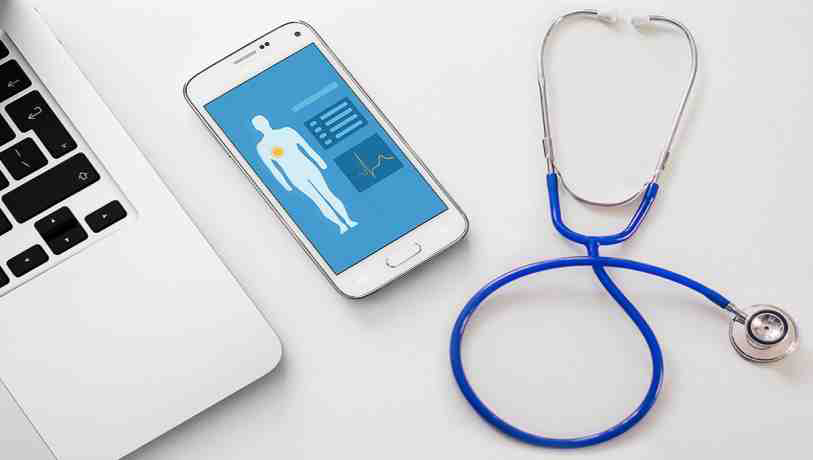 Apps like Doctor on Demand bring qualified doctors to your smartphone screen, even if you’re holed up in your bedroom with a bucket of chicken soup. But smartphone convenience is not just for you. Harvard prof sides have developed a paper chip that, when dabbed with blood, creates a colorful pattern that diagnoses diseases such as HIV, malaria, tuberculosis, and hepatitis. The chip displays its results visually so that a doctor viewing it on a mobile device can make a diagnosis.
Apps like Doctor on Demand bring qualified doctors to your smartphone screen, even if you’re holed up in your bedroom with a bucket of chicken soup. But smartphone convenience is not just for you. Harvard prof sides have developed a paper chip that, when dabbed with blood, creates a colorful pattern that diagnoses diseases such as HIV, malaria, tuberculosis, and hepatitis. The chip displays its results visually so that a doctor viewing it on a mobile device can make a diagnosis.
They’re Always on the Scene
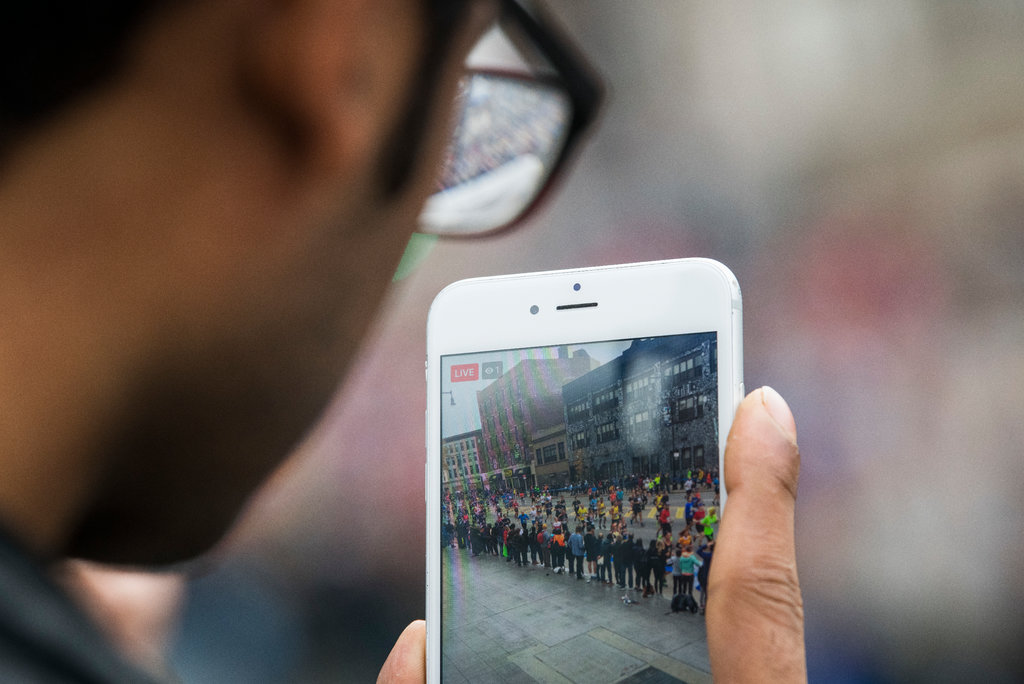
They’re Changing our Brains
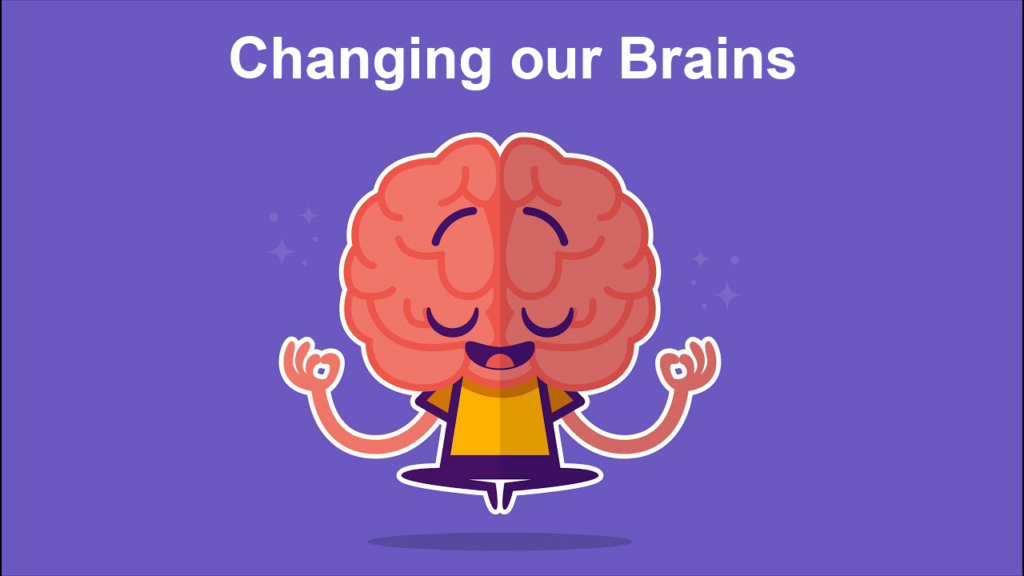 Researchers have found that smartphones are such game changers that they’re changing how our brains work. Constant access to databases and search engines has changed how our memory works. Instead of remembering information, we now remember how to find that information. If you don’t think this is good, think of it this way. Instead of clogging up your brain with useless facts, you’re now clogging it with information on how to get useless facts. You actually know more; it’s just filed differently.
Researchers have found that smartphones are such game changers that they’re changing how our brains work. Constant access to databases and search engines has changed how our memory works. Instead of remembering information, we now remember how to find that information. If you don’t think this is good, think of it this way. Instead of clogging up your brain with useless facts, you’re now clogging it with information on how to get useless facts. You actually know more; it’s just filed differently.
They Help People Cope with Illnesses and Disabilities
 Being sick is no fun, but being sick in the smartphone age is considerably more fun. There are apps for everything. Managing illnesses, addressing learning disabilities, teaching sign language, and finding accessible restaurants, hotels, and attractions in your city. And for people who can’t use their hands, there’s a hands-free Android phone called the Sesame Enable, so anyone can stay connected to the world around them.
Being sick is no fun, but being sick in the smartphone age is considerably more fun. There are apps for everything. Managing illnesses, addressing learning disabilities, teaching sign language, and finding accessible restaurants, hotels, and attractions in your city. And for people who can’t use their hands, there’s a hands-free Android phone called the Sesame Enable, so anyone can stay connected to the world around them.
They Bring Information to the Developing World
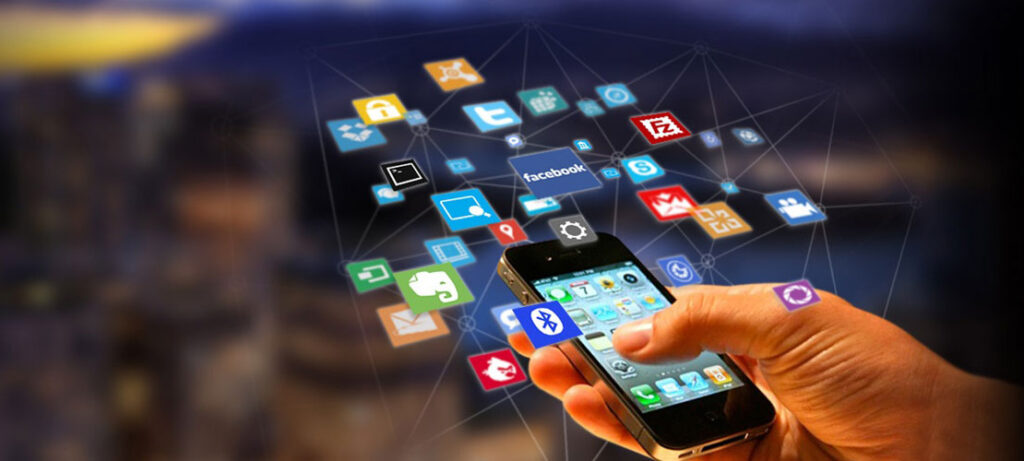 Smartphones and Tablets as textbook replacements might sound luxurious, but this strategy saves schools money. The reason? For the cost of a few static textbooks, students can get an entire internet’s worth of dynamic information on a mobile device. So it’s no wonder schools in developing continents like Africa are opting for this high-tech alternative to traditional media.
Smartphones and Tablets as textbook replacements might sound luxurious, but this strategy saves schools money. The reason? For the cost of a few static textbooks, students can get an entire internet’s worth of dynamic information on a mobile device. So it’s no wonder schools in developing continents like Africa are opting for this high-tech alternative to traditional media.















